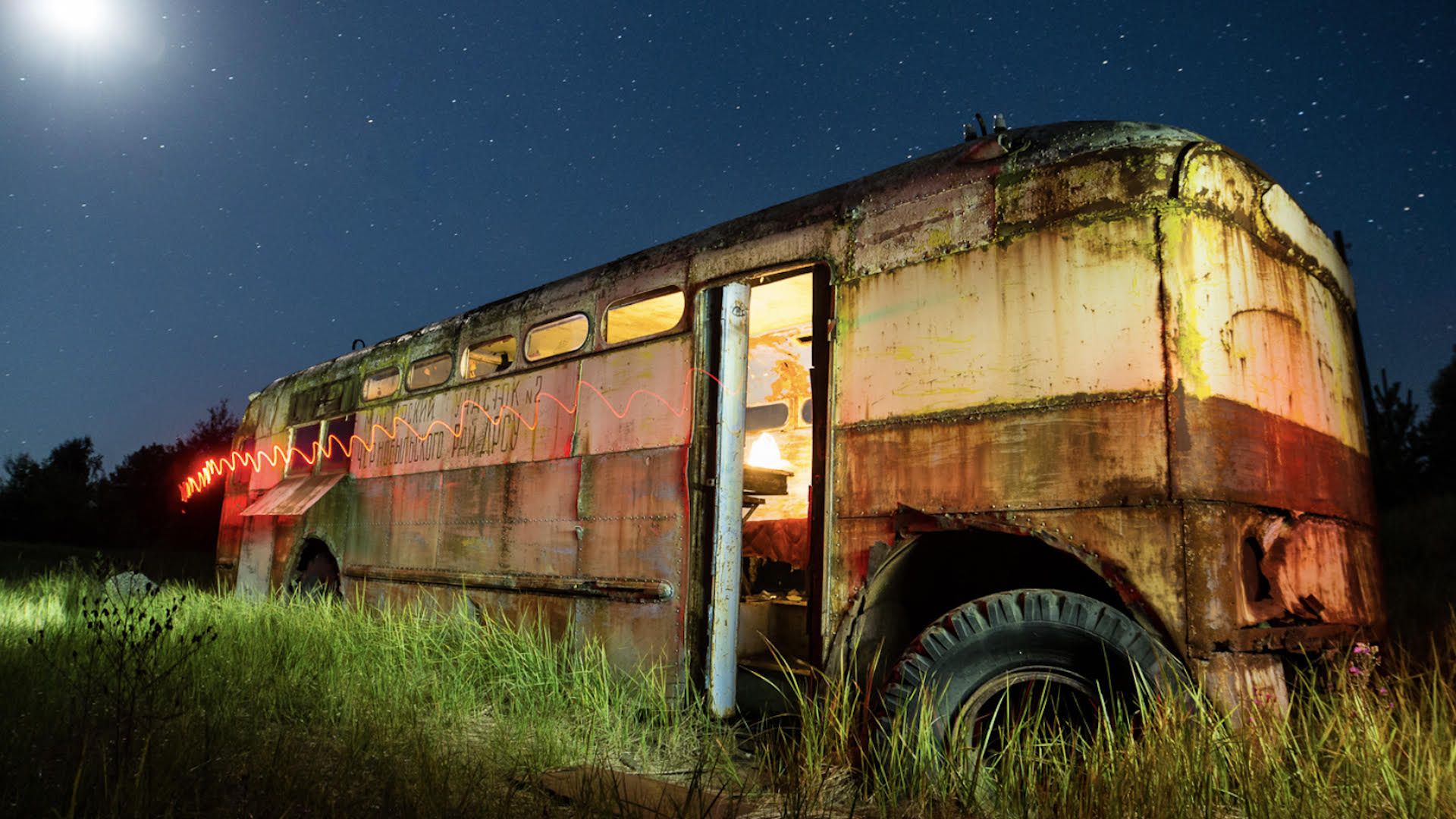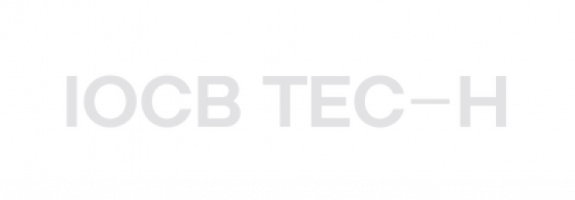- Program sections
- 2022
- The Zone 2022

The Zone 2022
The zone is primarily a place on our planet that has fallen victim to the idea of technological progress of mankind. We associate the term zone with great works of literature and film, the mythology of stalkers, and most importantly the Chernobyl disaster. The section is mainly about applying this perspective to the whole of society in its relationship with nature.
It is mainly a challenge, an attempt to see our living space a little differently, to imagine its possibilities now and in decades to come. To try to make predictions based on the data we have from the past. This is not without undermining the commonly understood idea of progress as the meaning of our everyday work. Progress as something we cling to and take for granted and intrinsically good. This section wants to show that as the world becomes increasingly interconnected through information and other collectively realized technologies, we have become somewhat disconnected from the places where we actually live, and which may need our care and assistance. We don’t need to read the news archives to see how fast our landscape is changing, or rather how we humans are changing it directly and indirectly. And depending on that, we think about it a little differently and change our behaviour. A good example of this is the devastation of not only Czech forests by the bark beetle, which is also spreading due to more frequent droughts. For example, the forest where we used to go mushroom picking for decades no longer exists. The first questions we need to ask ourselves are: how and if we should continue to manage such a forest? What do we expect to be there? And what can we do about it? Not: Where do we go for mushrooms elsewhere?
The section will consist of a balanced ratio of film screenings and lectures. It is a wide-ranging topic that invites thinking on multiple levels and in multiple places. While it can be covered in one sentence, it would be a shame. One should return to it and perceive it differently at the cinema with a film, on a walk in the woods or during the occasional brownfield exploration.
This thesis is covered by the fascinating documentaries Extra-Terrestrial Ecologies (Retroflectors: the astronaut, the robot, the alien) (Ralo Meyer, 2018), Utuqaq (Iva Radivojevic, 2020) and Stalking Chernobyl (Iara Lee, 2020). The simulation The War Game (Peter Watkins, 1965) brings a plane of imagination to the theme. And information about the mythology of the zone will be drawn from Stalker (Andrei Tarkovsky, 1979).
Academia Film Olomouc
28. – 3. 5. 2026
61ST INTERNATIONAL FESTIVAL OF SCIENCE DOCUMENTARY FILMS
Follow our social sites and explore our web to find out more about the programme. We will supply you with science dose by dose until the climax comes – AFO61.
Contact
Arts Centre of Palacký University
Academia Film Olomouc
Univerzitní 225/3
779 00 Olomouc
Czech Republic
afo@afo.cz
Quick links
Copyright © AFO 2000-2025 | web rostanetek.cz | admin







